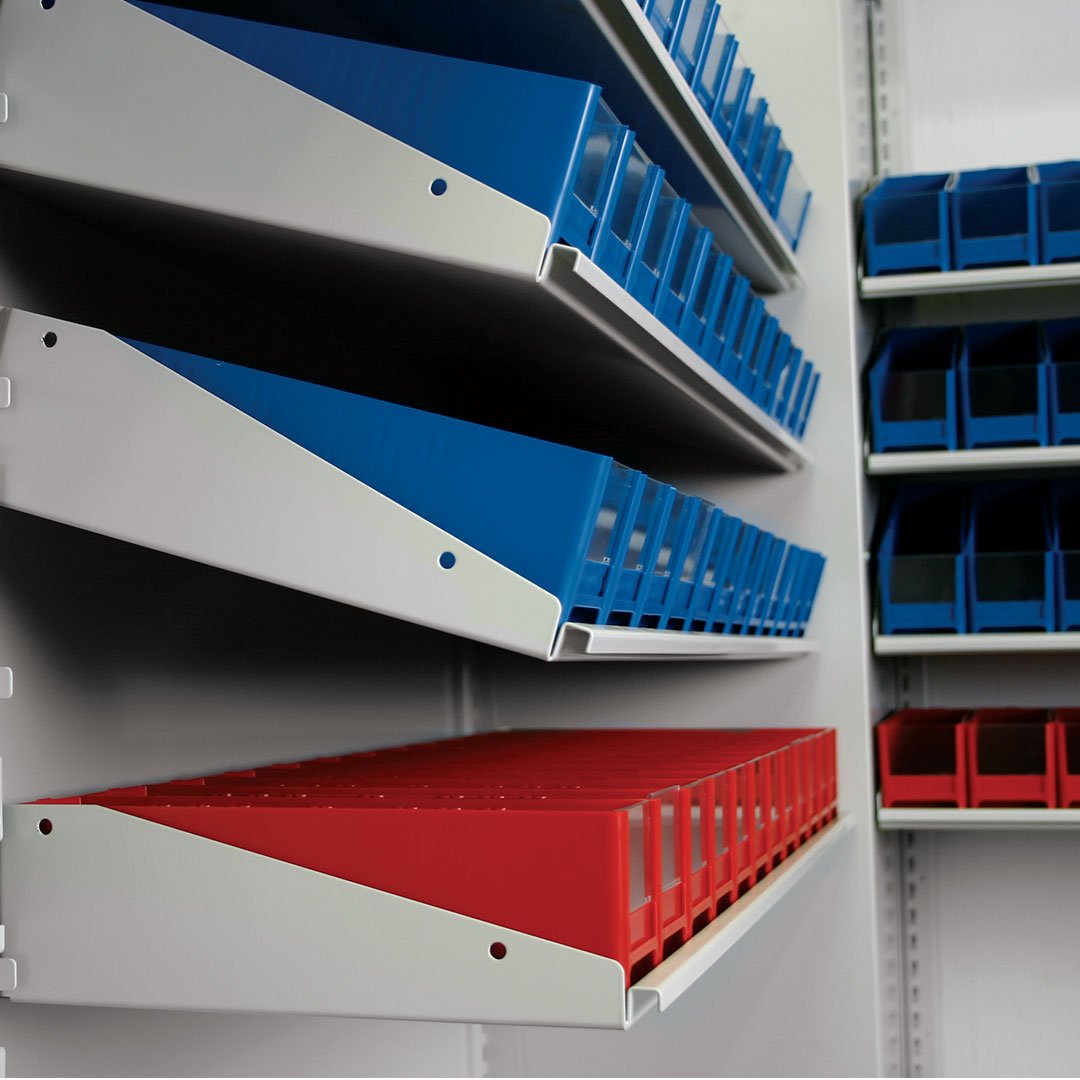
Keeping Up with the 30% Annual Increase in Healthcare Storage Needs
The healthcare industry is witnessing a significant surge in supply storage demands, escalating at an unprecedented rate of approximately 30% annually. This rapid increase presents a myriad of challenges and opportunities for healthcare facilities, supply chain managers, and stakeholders. In this blog, we’ll explore the driving factors behind this growth, the challenges it presents, and McMurray Stern’s innovative strategies for effectively managing these expanding storage needs.
Understanding the Surge in Demand
Several factors contribute to the escalating healthcare supply storage needs:
1.Aging Population
As the global population ages, there is a higher demand for healthcare services, subsequently increasing the need for medical supplies.
2.Technological Advancements
New medical technologies often require specialized storage solutions.
3.Increased Health Awareness
There’s a growing awareness and emphasis on health and wellness, leading to an increased use of healthcare services.
4.Pandemic Preparedness
The COVID-19 pandemic has underscored the importance of having a robust stockpile of medical supplies for emergency situations.
Challenges Faced by Healthcare Facilities
This 30% annual increase in storage needs poses several challenges:
1. Space Constraints
Many healthcare facilities are struggling with limited space to accommodate the growing inventory.
2. Cost Management
The cost of acquiring and maintaining additional storage space is substantial.
3. Supply Chain Complexity
Managing a larger inventory requires more sophisticated supply chain solutions.
4. Sustainability Concerns
Increased storage needs can lead to environmental concerns, particularly with waste management and energy consumption.
Innovative Strategies for Effective Management
To address these challenges, healthcare facilities and supply chain managers are turning to innovative strategies:
1. Digital Inventory Management
Implementing advanced inventory management systems can help optimize storage space and keep track of supply levels in real-time.
2. Modular Storage Solutions
Modular and scalable storage solutions allow for flexibility and expansion as needs grow. The FrameWRX modular bin system by McMurray Stern provides exceptional flexibility for sterile storage. Modular bin shelving, paired with a high-density system, efficiently compresses two storage rows into one deeper unit. This is an ideal space-saving and organizational solution for areas where space is limited.
3.Offsite Storage Facilities
Utilizing offsite storage can be a cost-effective way to manage excess supplies without expanding existing facilities.
4.Sustainability Practices
Embracing eco-friendly storage solutions and recycling programs can mitigate environmental impact.
5. Collaborative Supply Chains
Partnering with other healthcare facilities to share resources can reduce individual storage burdens.
The Future of Healthcare Supply Storage with McMurray Stern
Looking ahead, the trend of increasing healthcare supply needs is likely to continue. This calls for a proactive approach in planning and investment in innovative storage solutions McMurray Stern can provide. Healthcare facilities must adapt to this changing landscape by embracing technology, sustainable practices, and collaborative strategies to ensure they can meet the growing demands efficiently and effectively.
The 30% annual increase in healthcare supply storage needs is a multifaceted challenge that requires a strategic approach. By understanding the driving factors and implementing innovative solutions, the healthcare industry can effectively manage this growth. As we move forward, it’s essential for healthcare providers and supply chain managers to remain adaptable and forward-thinking to keep pace with the evolving demands of healthcare storage.
Recent blogs
Explore Our Top Articles And The Latest Storage Trends, Where Industry Expertise Meets Innovation.


